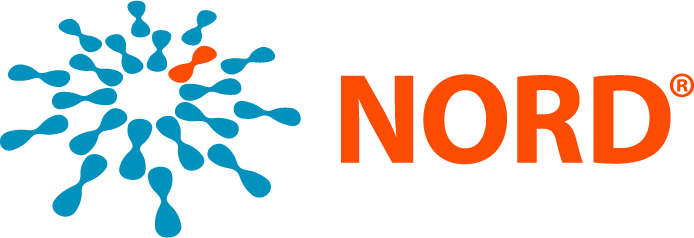Mar. 25, 2021
TOPIC: Press Releases, Featured News, Research, Industry
New Study Investigates the Number of Available Orphan Products, Generics and Biosimilars
Posted by Jennifer Huron
Washington, DC, March 25, 2021—The National Organization for Rare Disorders (NORD®) today announced the findings of a new study that details the number of orphan products, generics and biosimilars available to treat rare diseases. NORD commissioned Avalere to conduct the analysis to examine if laws and regulations are helping to bring new treatments to market for rare disease patients.
According to the report, the US Food and Drug Administration (FDA) approved 599 orphan products to treat rare diseases between 1983 and July 2020, 552 of which were on the market at the time of the study. Before the Orphan Drug Act became law in 1983, only 38 orphan products existed. The majority (75%) of FDA-approved orphan products treat one rare disease and have no other use. The increase in number of FDA orphan approvals since 1983, and the limited use of most orphan products for treating rare diseases only, underscore the significance of the Orphan Drug Act in helping to bring novel rare disease treatments to market.
In recent years, an increasing number of orphan products have become available that are FDA-approved to treat more than one medical condition (or “indication”). Avalere’s analysis shows that 154 orphan products were first FDA-approved to treat a single rare disease and, after additional research, earned one or more orphan indications. In addition, a small number (37) of orphan products were initially FDA-approved to treat a common medical condition and, upon further clinical study, earned orphan indication(s). Still, just 10% of all orphan products have three or more orphan indications, demonstrating that the majority of orphan products treat very few rare diseases and, in turn, small numbers of rare disease patients.
In the US, a rare disease is one that affects fewer than 200,000 people. Approximately 7,000 rare diseases have been identified. While each rare disease affects a small number of people, together rare diseases affect more than 25 million Americans. More than 90% of rare diseases have no FDA-approved treatment.
While most rare diseases do not yet have an FDA-approved treatment, some have multiple treatments available due to the presence of generics and biosimilars. At the time of the study, 158 orphan products were eligible for generic/biosimilar competition due to expired patents and orphan drug exclusivity; generics/biosimilars were available for 81 (51%) of these products.
The researchers examined why the majority (394) of orphan products were not eligible for generic or biosimilar competition, and found that 80% of orphan products were protected from competition due to the patent life of the product, and 20% were protected because of orphan drug exclusivity. Notably, 22% of all orphan products had patent protections lasting more than 20 years.
“More than 9 out of 10 orphan products on the market today would never have been developed without the Orphan Drug Act,” said Peter L. Saltonstall, President and CEO of NORD. “The vast majority of people with rare diseases still have no treatment, and we need government to provide a framework that helps patients by encouraging the development of innovative therapies, and spurs competition after a reasonable amount of time.”
The report, “Orphan Drugs in the United States: An Examination of Patents and Orphan Drug Exclusivity,” is available at rarediseases.org/rareinsights.













